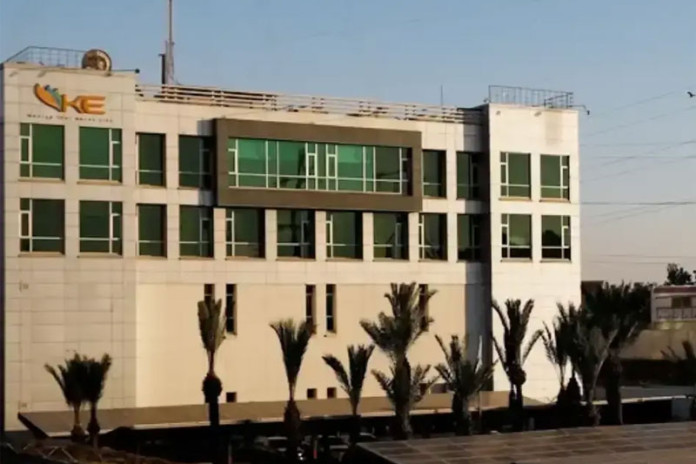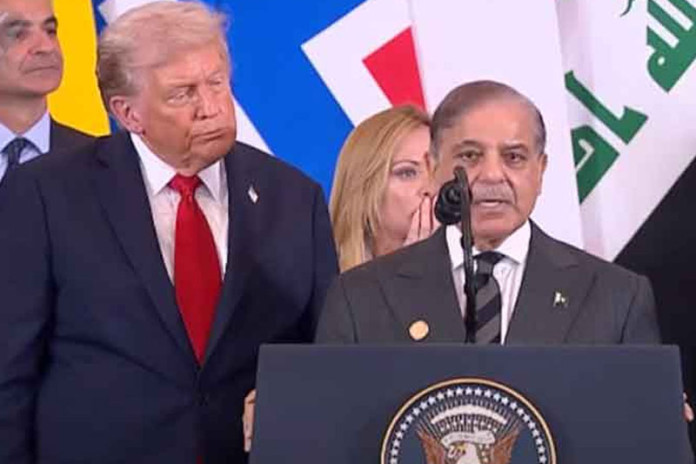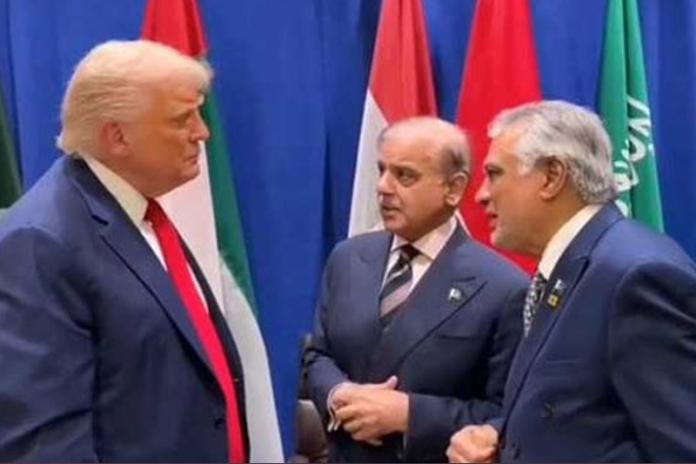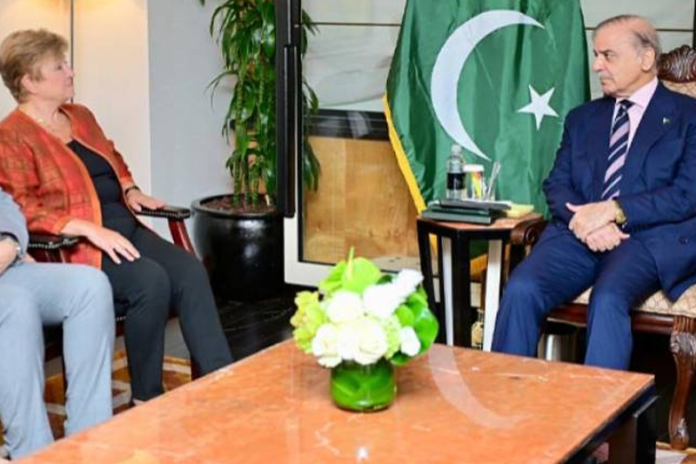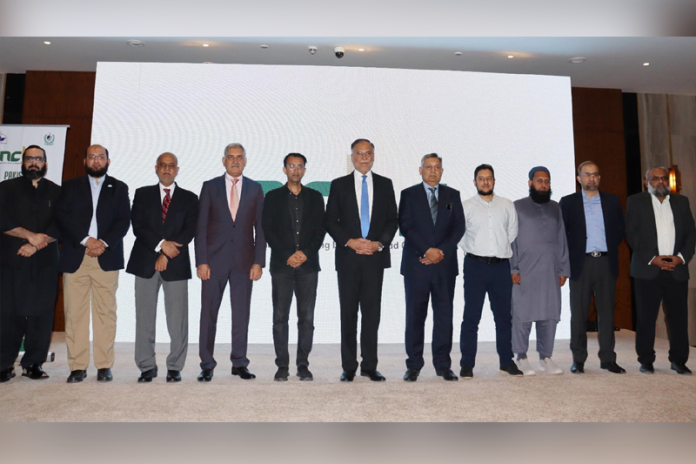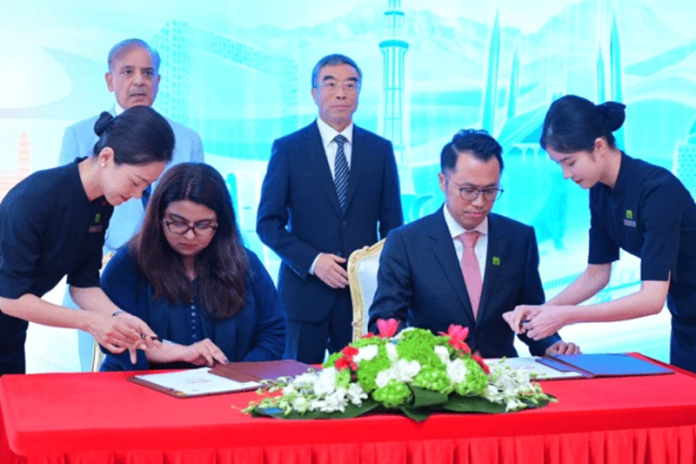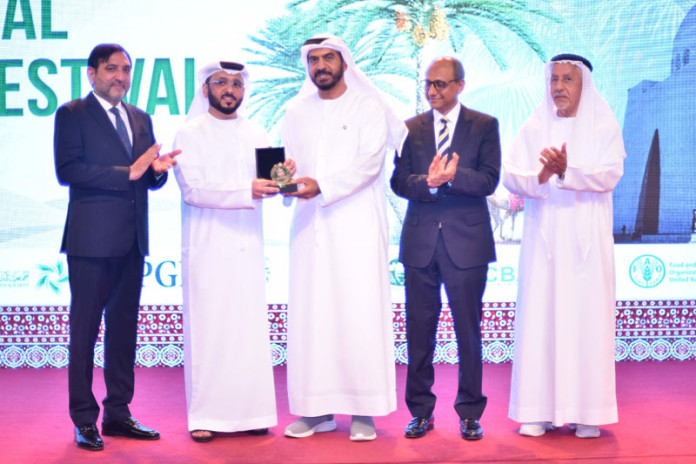Finance minister makes it clear-cut, IMF deal ‘transparent’
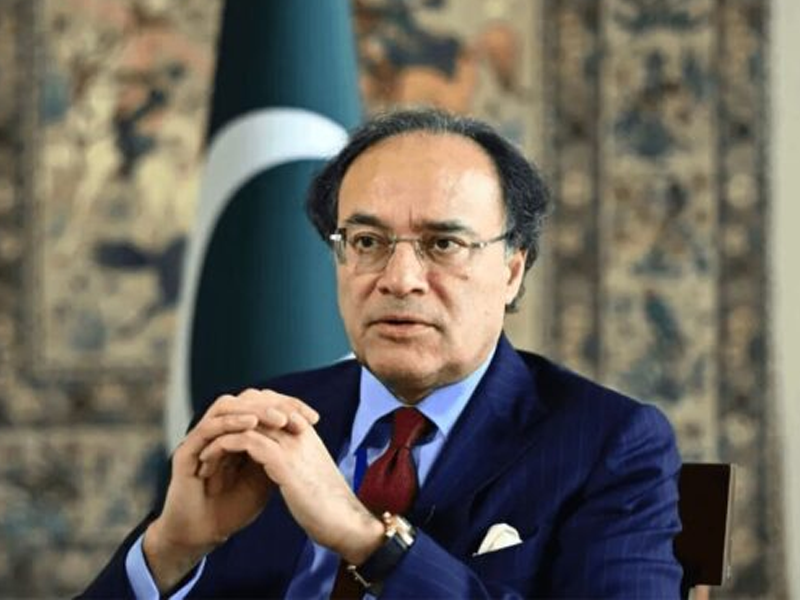
- 390
- 0
ISLAMABAD: Addressing the audience at a literature festival in Islamabad yesterday, Finance Minister Muhammad Aurangzeb clarified that there are no undisclosed conditions in the country's loan agreement with the International Monetary Fund (IMF).
He stated that while few nations are willing to extend deposits or roll over existing loans, key allies such as China and Saudi Arabia remain interested in investing within Pakistan.
He urged the business community to avoid "speed money" practices and stated that donations alone cannot sustain the country’s needs. Instead, he encouraged the private sector to take a more active role in driving economic progress, as few countries are currently willing to extend deposits or roll over loans.
Pakistan is particularly focusing on attracting investment from friendly countries, including China, Saudi Arabia, and the UAE, with Phase II of the China-Pakistan Economic Corridor (CPEC) now pivoting towards business-to-business (B2B) collaboration after completing initial infrastructure projects.
Aurangzeb noted that Pakistan’s currency has shown stability, and foreign exchange reserves are projected to cover three months' worth of imports by March to June. He stressed that while inflation has decreased, it is essential that this improvement benefits ordinary citizens.
Discussing tax and economic reforms, the finance minister pointed out that Pakistan's tax-to-GDP ratio of 9-10% is unsustainable, highlighting the need for structural reforms and an overhaul of the Federal Board of Revenue (FBR) to restore credibility and public trust.
Aurangzeb admitted that even salaried individuals find it challenging to file tax returns independently, suggesting further improvements in digitisation are necessary.
He underscored the government’s focus on end-to-end digitisation to reduce leakages, aiming to streamline the tax process and curb corruption and bribery within refund mechanisms.
PM Shehbaz, Aurangzeb further said, has a clear vision for encouraging foreign direct investment, with a shift toward B2B frameworks, as it is not the government’s role to directly engage in business.
Instead, the private sector should lead, with privatisation of state-owned enterprises (SOEs) a priority despite complexities—such as with Pakistan International Airlines (PIA)—that have hindered past efforts.
The finance minister discussed various methods for SOE privatisation, including outsourcing and public-private partnerships. He also revealed that Pakistan plans to issue Eurobonds next year and is in talks to issue Panda bonds.
However, he cautioned about the country’s rapidly growing population, which has surged to 240 million with an annual growth rate of 2.55%. Aurangzeb warned that if this rate continues, reaching 400-450 million could create severe challenges.
Further, he highlighted the importance of energy, tax, and institutional reforms as vital for sustainable growth. While energy costs have started to reach manageable levels, more structural reforms are needed.
Public sector institutions must undergo transformation, with the private sector stepping up to reduce reliance on the government and improve efficiency within the system.
Aurangzeb concluded that while welfare initiatives are valuable, taxes are indispensable for the country’s long-term growth and development. He reiterated that privatising SOEs and allowing the private sector to lead would relieve pressure on the government and foster a more efficient economy.
Published in The Daily National Courier, November, 09 2024
Like Business on Facebook, follow @DailyNCourier on Twitter to stay informed and join in the conversation.








